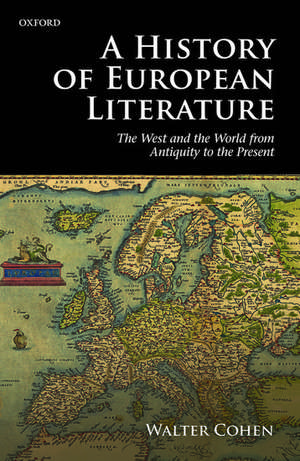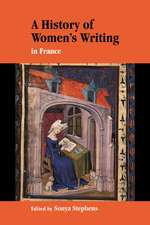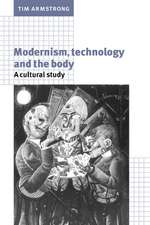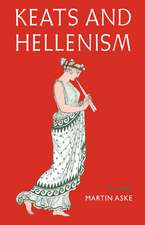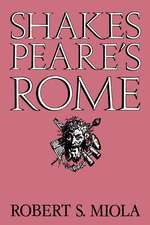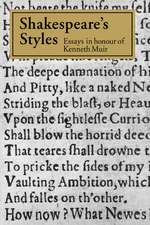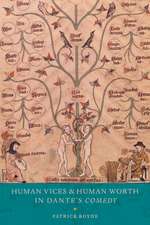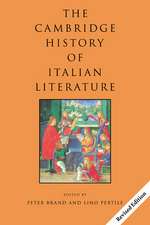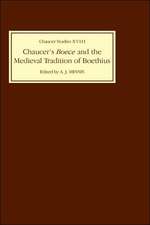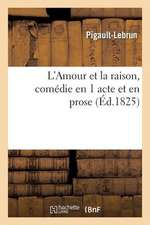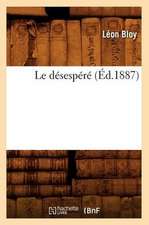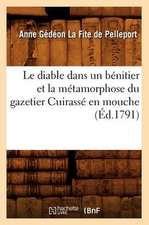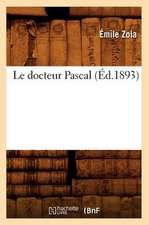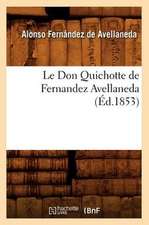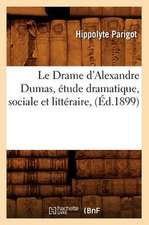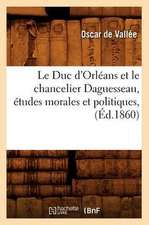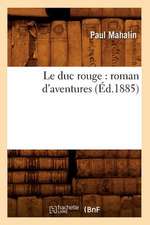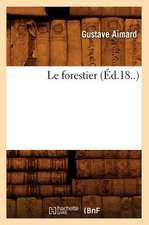A History of European Literature: The West and the World from Antiquity to the Present
Autor Walter Cohenen Limba Engleză Hardback – 2 feb 2017
Preț: 870.40 lei
Preț vechi: 1181.80 lei
-26% Nou
Puncte Express: 1306
Preț estimativ în valută:
166.54€ • 173.90$ • 137.53£
166.54€ • 173.90$ • 137.53£
Carte tipărită la comandă
Livrare economică 04-10 aprilie
Preluare comenzi: 021 569.72.76
Specificații
ISBN-13: 9780198732679
ISBN-10: 0198732678
Pagini: 626
Dimensiuni: 161 x 241 x 38 mm
Greutate: 1.02 kg
Editura: OUP OXFORD
Colecția OUP Oxford
Locul publicării:Oxford, United Kingdom
ISBN-10: 0198732678
Pagini: 626
Dimensiuni: 161 x 241 x 38 mm
Greutate: 1.02 kg
Editura: OUP OXFORD
Colecția OUP Oxford
Locul publicării:Oxford, United Kingdom
Recenzii
It is hard to do more than confirm in new ways the duly earned praises that others have already heaped upon Cohen's book ... it is the way Cohen integrates Slavic literature into his general model of borrowing, invention, and globalization that makes it particularly valuable to Slavicists.
Cohen, with extraordinary erudition, places European literature from the Romans onwards alongside extra European literatures. His book bulges with fascinating detail. The local provenance of Roman authors; the interplay among medieval vernaculars that shaped the lyric and the romance; the constant presence of the Mediterranean in Shakespeare; fiction on the European peripheries (Dostoevsky, Melville, Machado de Assis); the transformative Jewish presence in modernism - these are just a few of the high spots. A bird's eye view of genres alternates with illuminating close readings: Horace's "Nunc est bibendum", Hamlet, Moby-Dick, Pale Fire. This amazing book is a counterpart to Auerbach's Mimesis for the globalized present.
this monograph is a timely intervention, which emphasizes the enduring significance of European culture within a wider context without shying away from its troubled history. Cohen succeeds admirably in delineating and magnifying the story he sets out to tell -- one version of events, to be sure, but a compelling and insightful one. His championing of comparative literary criticism that pays attention synchronically and diachronically to the formal properties of languages in literary works is also welcome.
Cohen's erudition is nothing short of impressive. His account of the complex interrelations between literatures through this vast territory, before the vernaculars and across languages, and also later in the Middle Ages into the Renaissance, maps out a huge landscape, and the list of texts he considers is enormous. Most importantly, the general overview is underpinned by thorough analyses ... The book is an admirable encyclopedic one-man show, but it also shows that all-encompassing histories today can only be carried out as teamwork, across languages and, to a certain extent, across disciplines ... it deserves a prominent place on a comparatist's book shelf.
A lifetime of extensive and wide reading, coupled with a fine and sharp critical judgement, go into the making of a book that is certain to remain without match for a while [...] Monumental and erudite without ever becoming precious or obscure, firmly grounded historically but completely enmeshed in theoretical discussions, Cohen's book will stand the test of time like the works of the great critics he lists at the end: Lukacs, Curtius, Auerbach, Spitzer, Adorno and a few others. As a great study of European literature, it could not have come at a better or more appropriate time, as such wide vision is much in demand for a reconceptualization of Europe turned imperative. For the present it makes for engaging, provocative and pleasurable reading, as much as it also points the way forward.
This books achievement lies in substituting challenging possibilities in place of over-familiar constructs.
A History of European Literature triumphantly demonstrates the continuing conceptual force and argumentative power of the single-author monograph. Its more contentious claims will only help this magnificently ambitious book to stimulate debate for decades to come.
Cohen, with extraordinary erudition, places European literature from the Romans onwards alongside extra European literatures. His book bulges with fascinating detail.
Cohen, with extraordinary erudition, places European literature from the Romans onwards alongside extra European literatures. His book bulges with fascinating detail. The local provenance of Roman authors; the interplay among medieval vernaculars that shaped the lyric and the romance; the constant presence of the Mediterranean in Shakespeare; fiction on the European peripheries (Dostoevsky, Melville, Machado de Assis); the transformative Jewish presence in modernism - these are just a few of the high spots. A bird's eye view of genres alternates with illuminating close readings: Horace's "Nunc est bibendum", Hamlet, Moby-Dick, Pale Fire. This amazing book is a counterpart to Auerbach's Mimesis for the globalized present.
this monograph is a timely intervention, which emphasizes the enduring significance of European culture within a wider context without shying away from its troubled history. Cohen succeeds admirably in delineating and magnifying the story he sets out to tell -- one version of events, to be sure, but a compelling and insightful one. His championing of comparative literary criticism that pays attention synchronically and diachronically to the formal properties of languages in literary works is also welcome.
Cohen's erudition is nothing short of impressive. His account of the complex interrelations between literatures through this vast territory, before the vernaculars and across languages, and also later in the Middle Ages into the Renaissance, maps out a huge landscape, and the list of texts he considers is enormous. Most importantly, the general overview is underpinned by thorough analyses ... The book is an admirable encyclopedic one-man show, but it also shows that all-encompassing histories today can only be carried out as teamwork, across languages and, to a certain extent, across disciplines ... it deserves a prominent place on a comparatist's book shelf.
A lifetime of extensive and wide reading, coupled with a fine and sharp critical judgement, go into the making of a book that is certain to remain without match for a while [...] Monumental and erudite without ever becoming precious or obscure, firmly grounded historically but completely enmeshed in theoretical discussions, Cohen's book will stand the test of time like the works of the great critics he lists at the end: Lukacs, Curtius, Auerbach, Spitzer, Adorno and a few others. As a great study of European literature, it could not have come at a better or more appropriate time, as such wide vision is much in demand for a reconceptualization of Europe turned imperative. For the present it makes for engaging, provocative and pleasurable reading, as much as it also points the way forward.
This books achievement lies in substituting challenging possibilities in place of over-familiar constructs.
A History of European Literature triumphantly demonstrates the continuing conceptual force and argumentative power of the single-author monograph. Its more contentious claims will only help this magnificently ambitious book to stimulate debate for decades to come.
Cohen, with extraordinary erudition, places European literature from the Romans onwards alongside extra European literatures. His book bulges with fascinating detail.
Notă biografică
Walter Cohen is Professor of English at the University of Michigan, Ann Arbor, after having taught from 1980 to 2014 in Comparative Literature at Cornell University, where he received a distinguished teaching award and held various college and university administrative posts for two decades. He is the author of Drama of a Nation: Public Theater in Renaissance England and Spain, and of numerous articles on Renaissance literature, literary criticism, the history of the novel, and world literature. He is also one of the editors of The Norton Shakespeare.
